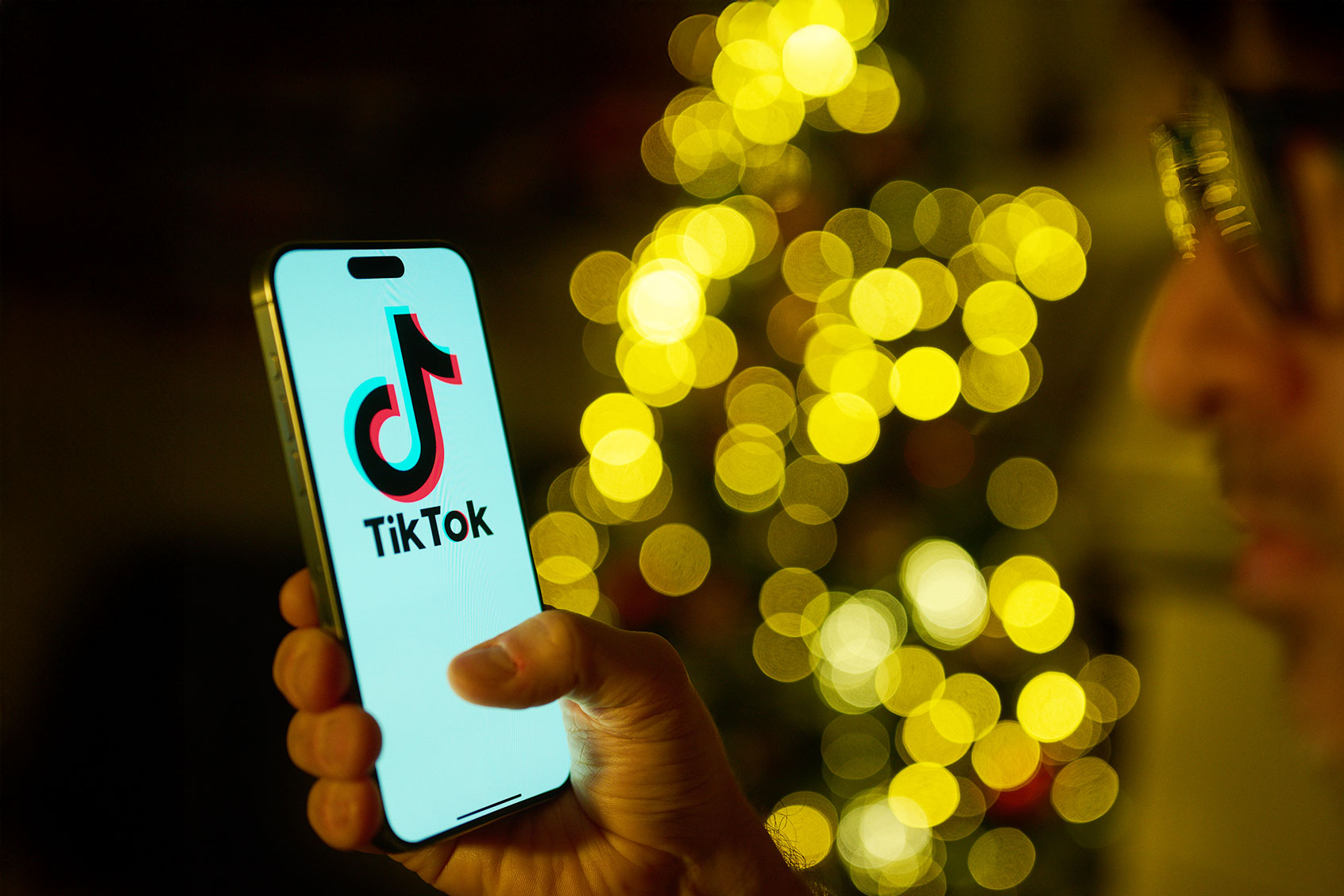TikTok is dangerous — until it's profitable. That’s the unspoken message from dozens of U.S. states that banned the app from government devices while still using it to sell sunshine and sightseeing through their tourism boards.
Since 2022, over 30 states, including Texas, Florida and Montana, restricted TikTok on official networks, citing national security concerns. Texas Gov. Greg Abbott called it a platform that "offers this trove of potentially sensitive information to the Chinese government."
Yet over at Visit Texas? Still dancing outside Buc-ee’s like the algorithm depends on it.
Florida passed similar restrictions under Gov. Ron DeSantis, but tourism accounts like @VisitCentralFL remain active on the platform, showcasing beaches and family attractions.
And the federal government took aim too. President Biden signed a bill in April 2024 requiring ByteDance to sell TikTok or face a nationwide ban, but the deadline passed months ago. TikTok wasn’t sold. The app is still up, running and increasingly central to tourism marketing across the country.
Despite these political maneuvers, TikTok's popularity continues to soar. In 2024, the platform added approximately 100 million new users, bringing its total to around 1.6 billion active users worldwide. In the United States alone, TikTok boasts over 135 million users, making it a vital tool for reaching younger demographics.
It’s a contradiction that showcases the disconnect between political messaging and economic interests. TikTok may be painted as a national security threat in Washington, but it’s still the go-to place to sell state parks and beach vacations to Gen Z.
Moral panic aside, governors know a good ad platform when they see one. Even if their official policy says otherwise.


